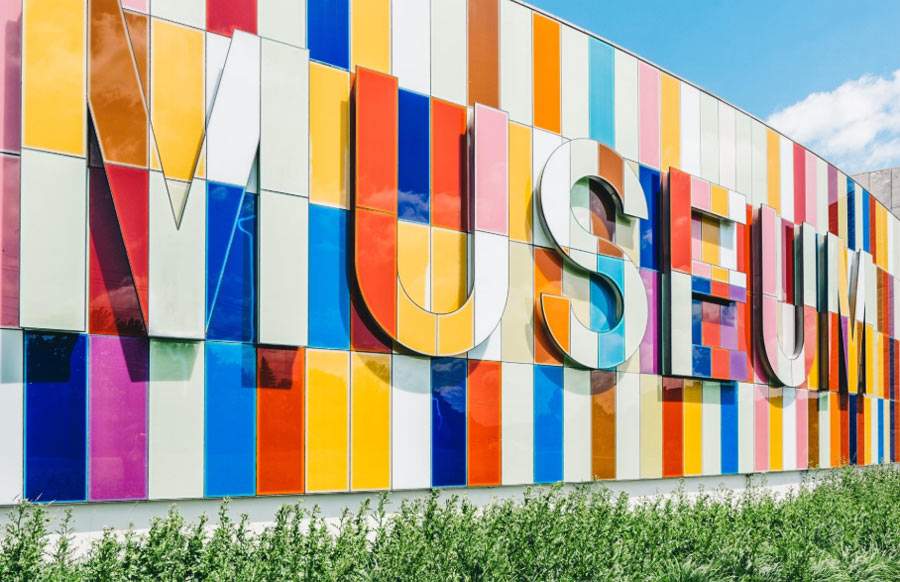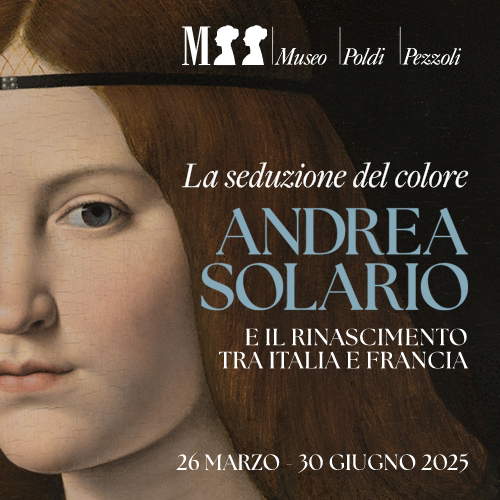Here is the new definition of a museum to be voted on in August by ICOM
After a three-year-long debate,ICOM - International Council of Museums will finally vote on a new proposal for the definition of “museum”: the date is August 24 in Prague during the body’s General Conference. The new proposal was formulated by the ICOM International Define Committee, coordinated by Bruno Brulon and Lauran Bonilla-Merchav, which was widely attended by the National and International Committees, which in turn participated in the work after extensive consultations among members.
The Committee had developed five proposals, each put forward by the five groups of 4 members each into which the Committee itself is divided, “taking into account,” ICOM Italy explains, “the key words and concepts most shared by the international community. Once the preferences and some punctual proposals for key word modifications/additions between one definition and the other were collected, the two final texts were arrived at the Advisory Council of May 20, 2022, whose vote lifted the last reservation.”
This is the final proposal that will be evaluated in Prague: “A museum is a permanent nonprofit institution serving society, researching, collecting, preserving, interpreting and exhibiting tangible and intangible (cultural) heritage. Open to the public, accessible and inclusive, museums promote diversity and sustainability. They operate and communicate ethically and professionally and with community participation, offering diverse experiences for education, enjoyment, reflection and knowledge sharing.”
The current definition of “museum,” the so-called “Vienna definition” from the city where it was voted on, dates back to 2007 and is this: “A museum is a permanent, nonprofit institution, serving society and its development, open to the public, which researches the tangible and intangible heritage of man and his environment, acquires, preserves, communicates and in particular exhibits it for purposes of study, education and enjoyment.”
In short, the new definition proposes to identify the museum as an institution that promotes diversity, sustainable, inclusive, accessible, and open to tangible and intangible heritage. To arrive at this result, the path was rather bumpy: there had even been a series of chain resignations due to too many differences of views among the various souls of ICOM regarding the definition of “museum.” The proposal rejected in 2019 had been considered by many (including the Italian committee) to be inadequate, as it was too narrowly focused on the role vis-Ã -vis the objects preserved in museums, as well as too long and difficult. Instead, with the new proposal it seems that a square has been found to update the definition.
 |
| Here is the new definition of a museum to be voted on in August by ICOM |
Warning: the translation into English of the original Italian article was created using automatic tools. We undertake to review all articles, but we do not guarantee the total absence of inaccuracies in the translation due to the program. You can find the original by clicking on the ITA button. If you find any mistake,please contact us.



























